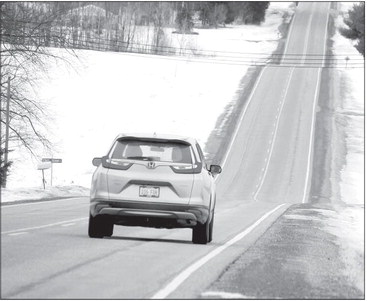Maintenance shortfall will grow over coming decades


A long range study of the Marathon County highway system reports that the county will face a growing problem of how to maintain its current 611-mile inventory of roads over the ne...


A long range study of the Marathon County highway system reports that the county will face a growing problem of how to maintain its current 611-mile inventory of roads over the ne...